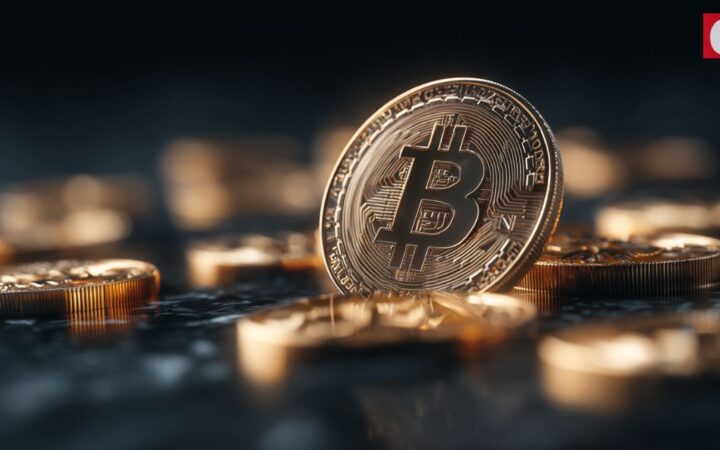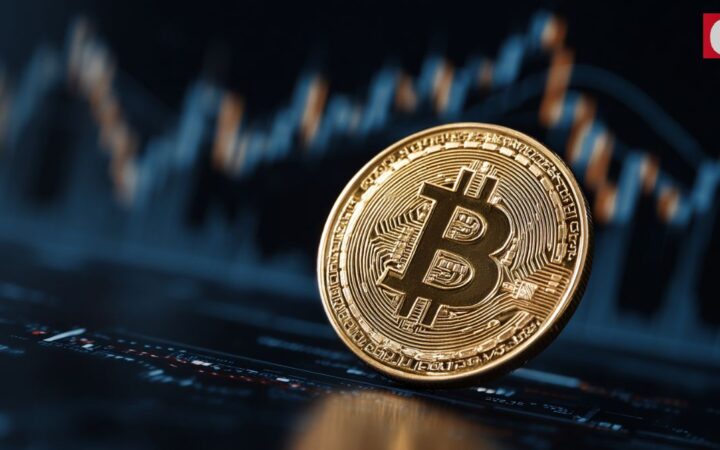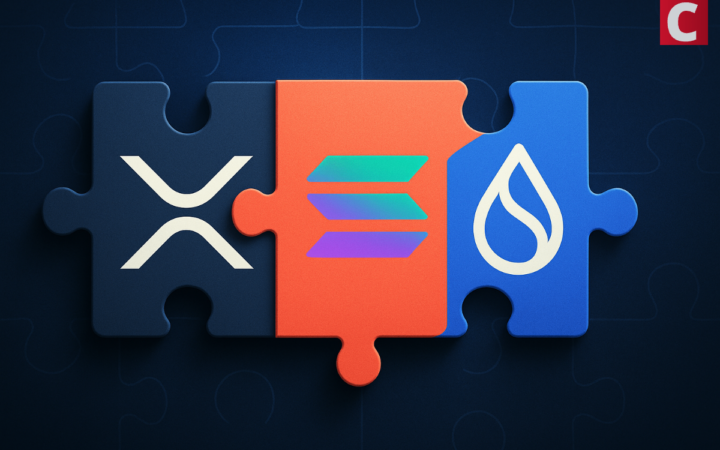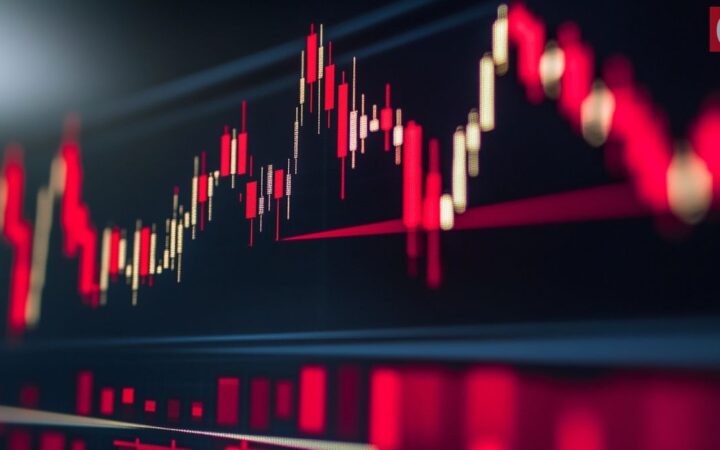Trust is fragile and highly rated these days, especially with all new technological innovations and inventions that make the world a digital market. Once a mistake or breach has occurred in an industry sector, repairing the lost trust or data becomes twice as difficult as it was the first time to build that trust.
The importance of trust is highly required in industries such as hospitals, food, and beverages because they directly deal with the physical and emotional state of everyone. Solutions provided by blockchain food and beverage helps to ensure that this trust between producers and customers does not get damaged.
Blockchain technology for food and agriculture provides the necessary advanced tools and components to secure data, transfer funds and receive payments. They also protect products with immutable digital Intellectual Property Rights (IPR).
Why Do We Need Blockchain for Food and Beverages Industry?
According to World Health Organization (WHO), approximately 582 million people get affected and fall sick solely due to food contamination.
This was during the year 2010 and the numbers have only been increasing ever since. Why is this happening? There are too many reasons why this is happening, some of which include improper packaging, fake substitute manufacturers, addition of too much preservatives, etc.
All government agencies have been trying their best to eradicate food crime on a global scale through strict regulations but these changes and adherence will take time before it becomes a habit. With blockchain problems such as usage of fraudulent ingredients and fake manufacturers can be eliminated.
Foodborne illness can be reduced to a greater extent as blockchain can be integrated with advanced Artificial Intelligence and Internet of Things (IoT) to identify and track food products in real-time.
Consider Blockchain as a Doctor and Food Industry as a Patient
Some of the following are some famous big giants that have started incorporating blockchain into their food business to protect food products in terms of quality and faster delivery.
They are:
- Nestle
- Walmart
- McLane Company
- Unilever, etc.
Most of the blockchain solutions in the food and beverage are taken over by IBM in order to protect the digital identities of suppliers and manufacturers. This is accomplished to ensure that only the necessary party will know about the manufacturing processes and there will be no other third-party involvement which in turn reduces the chances of manipulation. Also, blockchain is well-equipped to eliminate problems surgically.
Provides Better Statistical Information
One of the reasons why one out of 10 people falls ill due to contagious food processing is because traditionally the food industry lacked the right tools to maintain an efficient database. Also, they didn’t realize the importance of data analytics. But, today, every industry understands it, especially industry that deals directly with health and wellness.
Blockchain is decentralized and uses smart contracts to connect multiple suppliers, manufacturers, and customers together in one place. All data is recorded and this data can be integrated with business analysis tools such as IBM SPPS or Qlik View to understand the food markets behavior much better.
Authenticates Food and Beverage Labels
Honestly, do you read every single word mentioned in the food labels of the food products you buy every single-time? Honestly not every-single-time. Maybe once in a while but still that is not enough to verify if what we are eating is healthy, original and authorized. There are governmental certifications and seals that provide proof of evidence but these days, duplicating them is not that hard.
Blockchain provides proof of evidence for every single ingredient used in a product allowing customers to track the original source easily. Nobody can manipulate the data stored or labeled as it is protected with public or private encryptions as per requirement.
Connects Distributors and Farmers Directly
One of the major challenges faced in all countries in the food industry is allowing farmers to connect directly with distributors as well as customers. With blockchain, farmers can gladly say goodbye to third-party interventions. Now, they can sell directly to the customers and distributors at a price that they fix for their products rather than allowing centralized authorities to fix price of products.
Aggregates Distributors of Farming Equipment
Farmers can now produce products at a faster rate and sell it to food and beverage manufacturers at the same speed with the help of blockchain.
Since there is no middlemen interference, renting of farming equipment’s is possible through blockchain-based decentralized P2P network. Thus, there is no delay in harvesting crops, selling vegetables and fruits to big gigantic manufacturing units and this, in turn, allows those big giants to deliver quality food products to customers quickly too.
Blockchain Can Act as an Uber for the Food and Beverage Industry
Customers can instantly and directly order food to the manufacturing units, suppliers or agricultural farmers. This lowers the transaction fee and leads the food markets to help small and medium food and beverage enterprises too. Most of all, blockchain allow quick payments in the form of tokens and cryptos.
Conclusion: Blockchain is the Center of Attention Today
All industries are grabbing opportunities with blockchain to ensure security, privacy in terms of digital protection and legitimacy. When you can sell at your own price and reach more audience why do you want to still wait?
Lead the food and beverage markets with your unique selling proposition. Work together with your suppliers, manufacturers, distributors, and customers to make the world a better and healthier place. Go Green.
Disclaimer: Coinspeaker is committed to providing unbiased and transparent reporting. This article aims to deliver accurate and timely information but should not be taken as financial or investment advice. Since market conditions can change rapidly, we encourage you to verify information on your own and consult with a professional before making any decisions based on this content.

Sonal Mehta is a Content Lead at Solulab, USA based leading mobile apps and software development agency, started by Ex-vice president of Goldman Sachs, USA and Ex-iOS lead engineer of Citrix.Solulab to help build startups. We are a no-sweat technical partner for early-stage entrepreneurs to launch ideas from scratch and for later stage startups to build more quickly and affordably.





